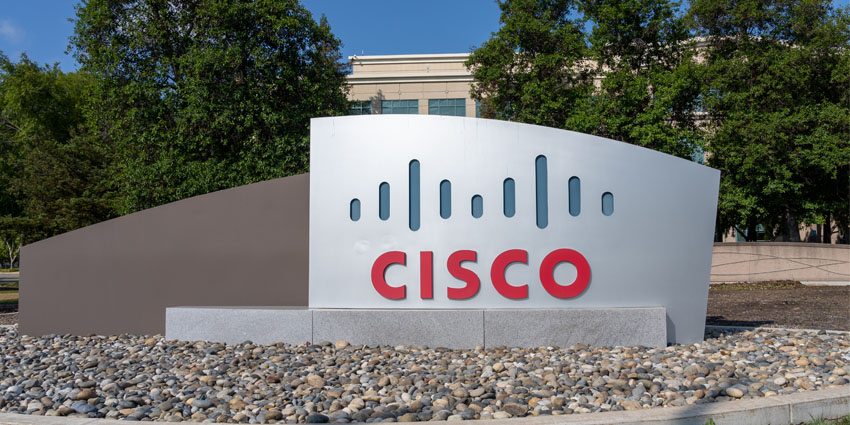Microsoft is to invest £2.5 billion into the UK’s AI infrastructure over the next three years.
The tech giant will more than double its data centre footprint in the UK and intends to train over one million workers with the skills needed to develop and leverage AI.
Microsoft will also assist the UK’s AI research and safety investments by growing its Accelerating Foundation Models Research programme, enhancing interdisciplinary research on AI alignment and safety, beneficial uses of AI, and AI-boosted scientific discovery in natural and life sciences. This UK effort intends to leverage AI and accelerate scientific discovery through multimodal data generation, as granted by privileged access to Microsoft’s AI tools.
Prime Minister Rishi Sunak commented:
Microsoft are one of the founding fathers of modern technology and today’s announcement is a turning point for the future of AI infrastructure and development in the UK. The UK started the global conversation on AI earlier this month, and Microsoft’s historic investment is further evidence of the leading role we continue to play in expanding the frontiers of AI to harness it’s economic and scientific benefits.”
The announcement was delivered at one of Microsoft’s new, next-gen data centre facilities under construction in North London, which will run entirely on renewable energy. Microsoft’s data centre footprint will grow across sites in London, Cardiff and potentially northern England. Microsoft says it aims to create more than 20,000 AI-based jobs for the UK as a result while also bringing 20,000 advanced Graphics Processing Units (GPUs) critical to machine learning to the UK. by 2026.
“This infrastructure investment will help to meet the exploding demand for efficient, scalable and sustainable AI-specific compute power and the needs of the private and public sector waiting to take advantage of the latest cloud and AI breakthroughs,” wrote Brad Smith, Microsoft Vice Chair and President, in an accompanying blog post.
Smith outlined that, in practice, this means Microsoft will partner with several learning and non-profit organisations for the programme. They will focus on “building AI fluency, developing AI technical skills, supporting AI business transformation and promoting safe and responsible AI development and use, including the first Professional Certificate on Generative AI”.
Microsoft will introduce AI safety and security measures across its own infrastructure.
“The pace of change in AI demands action today to build a prosperous future for the UK tomorrow,” added Microsoft UK CEO Clare Barclay. “Today marks the single largest investment in our more than 40-year history in the UK. As business and the public sector embrace the AI opportunity, we are building the infrastructure that will support the growth they need, training the people who can deliver it responsibly and securing our society against emergent threats.”
The UK had announced a £500 million investment in advanced computing for AI during the Chancellor’s Autumn Statement, which had brought the government’s combined investment in AI research and infrastructure to £1.5 billion before Microsoft’s new investment.
What’s The State of Play on AI and Its Business Readiness?
Two compelling pieces of research have been published in recent weeks, illustrating enterprise’s willingness and readiness to deploy and leverage AI.
Almost four-fifths of IT decision-makers are now deploying AI and automation, new research by 8×8 suggested. The study found that 78 percent of IT leaders are turning to AI and automation to address the current “permacrisis” — defined by the UCaaS and CCaaS vendor as “an extended time of instability and insecurity” — impacting businesses in the UK.
94 percent of IT decision-makers surveyed said that their business is introducing technology changes to safeguard the future given the ongoing uncertainty — especially UCC platforms and services, with AI and automation two of the most common technological advancements.
However, 8×8’s study contrasts compelling with another conducted by Cisco, which was published last month. Cisco’s AI Readiness Index found that only 14 percent of global businesses are prepared to deploy and leverage AI.
Not only are most companies struggling to keep up with the pace of AI innovations, there are also gaps across critical business areas that suggest “serious risks”, as described by Cisco. The race to introduce AI across most businesses is apace, with 61 percent of Cisco respondents agreeing they have a maximum of one year to incorporate an AI strategy before their organisations are negatively impacted.
8×8’s reporting that almost four-fifths of IT decision-makers aim to use AI in its systems and Cisco’s finding that only 14 percent of organisations feel ready to do so illustrates a fascinating disparity between the ambitions of those organisational experts wanting to use AI to revolutionise their business and the challenges of those companies’ wider strategies in operational terms, or the limitations of their legacy systems in technical terms.







